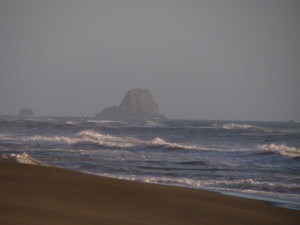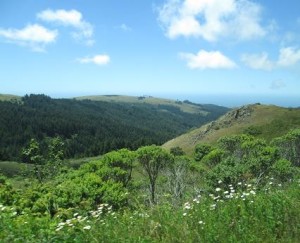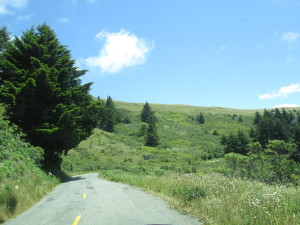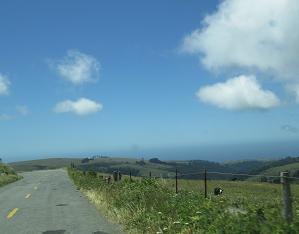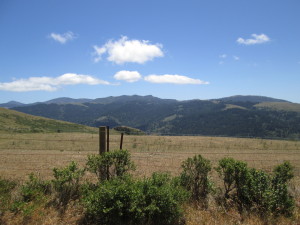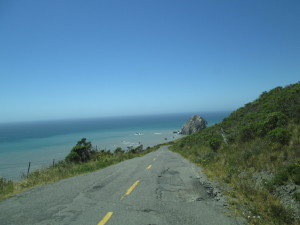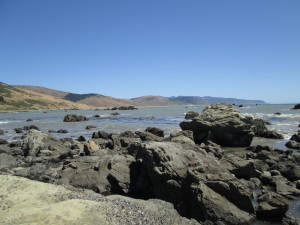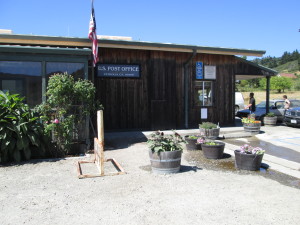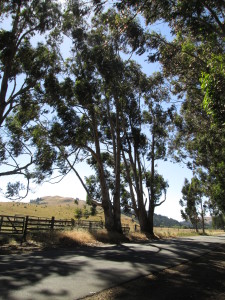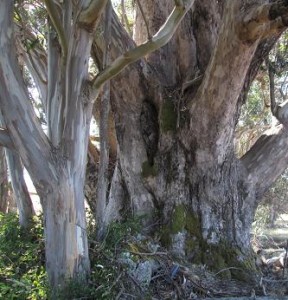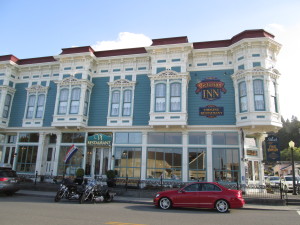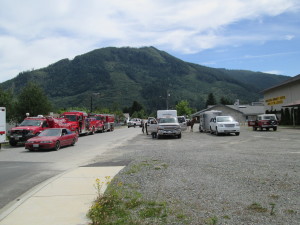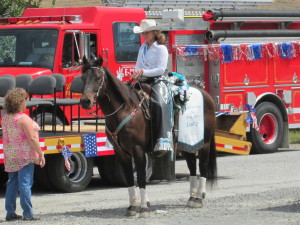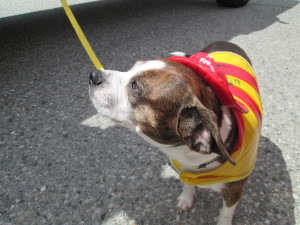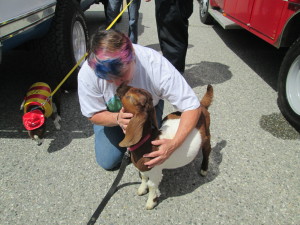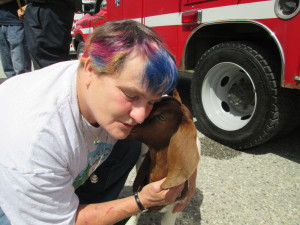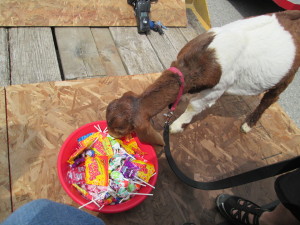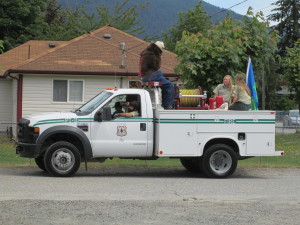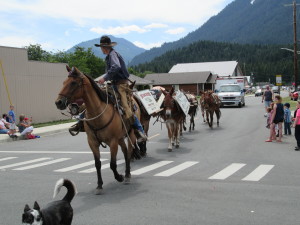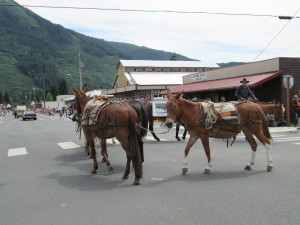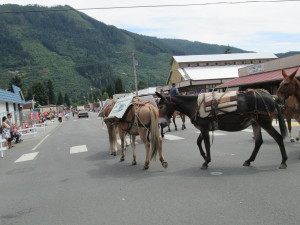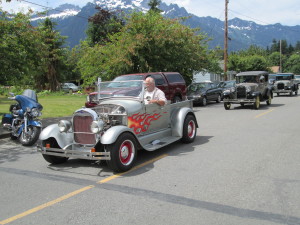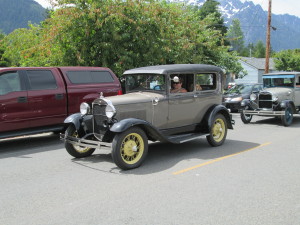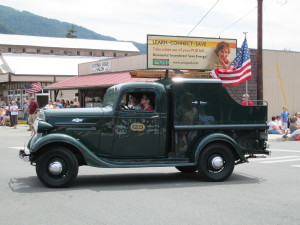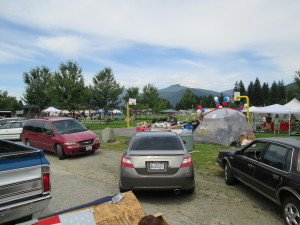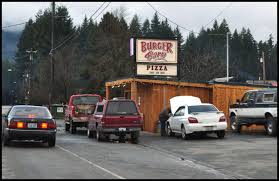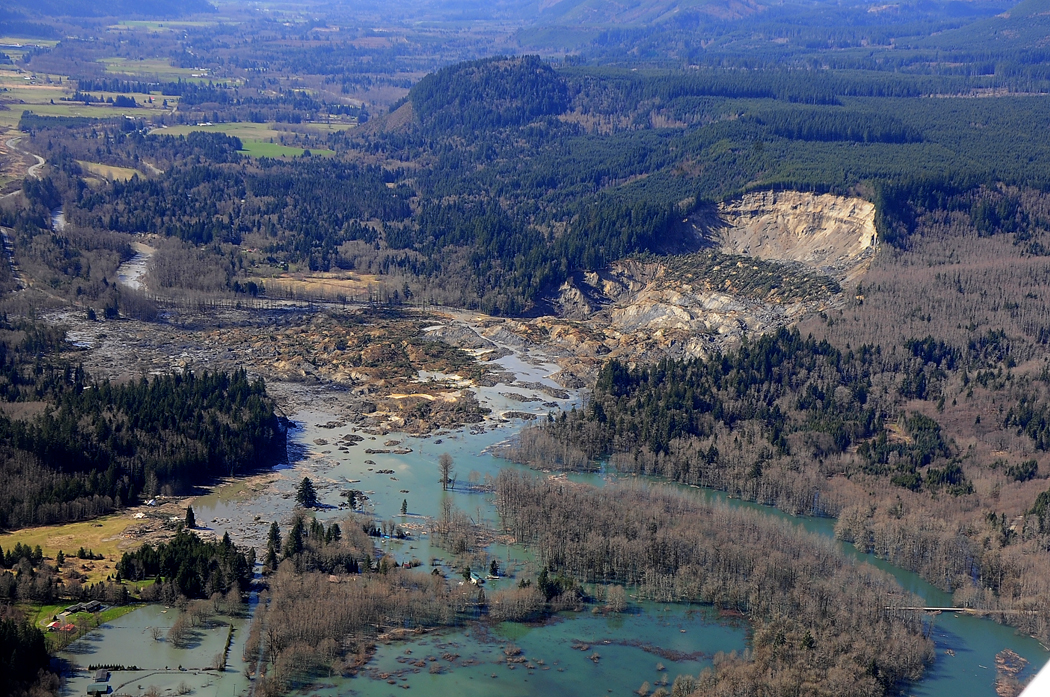THE ACCIDENTS
By Betty J. Matney/Aya Walksfar
Services were supposed to start at two o’clock. Here it was ten minutes after and folks still coming in. I didn’t dare turn around and look, but I could hear them in the aisle behind me. Seemed like everybody in the whole county decided to pack themselves into this church. Like this funeral was the social event of the season or something. I guess that was because it wasn’t a natural funeral. If there is such a thing. But you know what I mean. Natural’s when the person is really really old or has some real bad sickness and everybody is sort of expecting them to die.
We sat in the front pew and nobody tried to come sit with us. Didn’t help me none with Dr. Mike on one side and Aunt Rose on the other, I felt squished. Between the heavy perfume from the large spray of yellow roses standing at the head of the casket just a few feet away and sweat making my clothes stick to me, miserable didn’t come close to how I felt. I hadn’t wanted to come. Aunt Rose said I had to. Said folks would think it odd if I missed my own momma’s funeral. Aunt Rose pays a lot of attention to what folks think. She reminded me that morning that even little girls of eight had to act like ladies. Even little girls who’d become orphans.
Relief run through me when Reverend Baker came down the aisle and mounted the steps to the podium.
The good reverend had stopped by the house last evening. To bring us comfort and pray with us he said. So we’d all joined hands and he started praying. He didn’t waste any time before he had my mama being cradled in the Lord’s arms. About then I had all I could do to keep from upchucking. Mama didn’t go to heaven. Mama went straight to hell.
I know ’cause I was there the night my daddy died.
For the service though he started in right after the first prayer talking about what a happy marriage my parents had. I didn’t know what that had to do with my momma laying in that casket and pretty soon, my eyes started getting heavy. Well, they popped right back open when he began talking about my daddy drowning last summer. I could feel myself getting a bit huffy because he kept calling it an accident. It wasn’t. I know how my daddy died. Like I said before, I was there that night.
Then Reverend Baker started talking about how Mama had been so miserable and unhappy after my daddy’s accident.
After that the minister talked a lot about Mama’s slipping and falling over the side of the bluff. He kept calling it an accident, too; but you could tell he really thought she committed suicide. She didn’t jump. I know. I was there then, too.
Instead of stopping here like I thought he would, he went back to talking about my parents’ happy marriage. That’s when I shut my eyes and stopped listening and started remembering for myself. Remembering my life before my daddy died.
My memories always start in my special room. The room between Daddy’s den and the living room. My playroom.
Every day, Daddy’d come there and play with me. He’d sometimes toss me high in the air, almost to the ceiling. Time after time, he’d toss me until my long black hair pulled loose from its ribbons and streamed across my face. I’d squeal with laughter until I started hiccuping, then Mama’d start scolding and he’d stop. He’d laugh and sweep us both up into his arms and hug us. I’d stop hiccuping and Mama’d stop scolding and smile up at him. A crooked little smile that seemed to hold a secret only the two of them knew.
There were special days, too, like my fifth birthday. I was recovering from pneumonia; and Daddy wrapped me in a pink fuzzy blanket and carried me downstairs to the playroom to open my presents.
While I sat on the floor at his feet and carefully slid the paper off the boxes, Mama sat on the arm of the chair and ran her fingers through Daddy’s thick black hair. I’d steal a look up at her and Daddy and catch her shaking a finger and scolding him for spoiling me.
Daddy leaned down and hugged me close. “Daddies are supposed to spoil their best ladies,” and he’d laughed. Momma’d smiled at him with that special crooked smile.
My special room was a noisy, laughing room. Until that night in August a year ago. That night just a week after my seventh birthday. The night of the storm.
I remember the day started off cool and a little cloudy. I had to play inside because I had a cold. Mama went to town that afternoon to shop and have dinner with her sister, Aunt Rose. By the time Daddy got home from his office, the sky had turned almost black. I stood at the window, watching the wind dance wildly through the trees down by the lake.
Daddy’d already changed into jeans and a sweat shirt when he joined me at the window. I snuggled up against him; such a cozy feeling to have Daddy’s arms around me as we watched the clouds chasing each other across the sky. He said he thought the storm would pass us by, but the sky looked awfully black to me.
Daddy got a little fire crackling in the fireplace and Nellie, our day maid, set up a card table with a red and white checkered tablecloth and two folding chairs. When I wrinkled my forehead at Daddy, he smiled real big. “Thought me and my best girl might have a little picnic.” Mrs. Haggarty, our housekeeper, brought in hot dogs and french fries and lemonade. She winked at me when she placed a plate of peanut butter cookies–my favorite–on the table.
Later in the evening, after my bath, I dressed in my nightie and dragged a blanket to the room so I could keep Daddy company while he waited for Momma. Nellie and Cook left for the day, and Mrs. Haggarty left for choir rehearsal, but none of them mattered. Daddy let me curl up on his lap as he read to me, but I noticed he kept looking at his watch.
The last of the cedar logs in the fireplace had become nothing more than glowing red lumps, when we heard the first clap of thunder. The storm hadn’t passed us by. Great drops of rain splattered on the floor behind us; and my daddy’s white deck shoes made squeaky sounds as he hurried across the room. He muttered as he slammed the window down. Daddy hated it when it got too stormy for him to go sailing.
Once a week, he took our boat out to sail by himself on the dark deserted lake. He took my mama and me sailing a lot, too. But never at night.
Now heavy gusts of wind drove the rain, slashing it across the windows, and whipping the tall azalea bushes just outside the glass into a frenzy until the branches tore at the glass between us and the bushes. The lights flickered, and I caught my breath. My heart pounded and I shivered.
Daddy rubbed circles on my back and reminded me that we had plenty of candles. He put a pillow from the sofa on the floor and had me lay down while he tucked the blanket in around me. In spite of the storm, I fell asleep curled up in the shadows alongside his chair.
Angry voices woke me.
I rolled over and looked up. Daddy and Mama stood in front of the fireplace. Daddy stood half turned away, one hand shoved in his pants’ pocket and the other gripping the mantle. Head bent, he appeared to be staring into the fire. Momma stood a couple of steps back facing him, her hands clenched into fists at her side.
Her voice shook as it rose and fell. I only caught snatches of what she yelled as she stormed back and forth in front of Daddy. “All those nights….sailed by yourself….Alice….not stupid….across the lake….divorce….”
Daddy’s voice sounded cold, like the winter. “Your sister should mind her tongue.” He lifted his face and the look on it made me tremble. “I don’t expect you to understand, but a man needs his freedom.”
I squeezed my eyes shut again, pulled the blanket over my head. Hands over my ears, I hummed softly. I’d never seen my parents made at each other.
A few minutes later, I stopped humming and pulled the blanket down. The room had gotten quiet. I peeked around the legs of the chair. No one in the room but me. I scrambled to my feet, pulled my nightgown up around my knees and rushed out.
At the end of the hall, Daddy yanked his jacket from the closet. He had only one arm in his jacket when he jerked open the front door and strode out into the storm. Mama, her heavy sandals with their high, square heels thumping on the tile floor, didn’t even reach for a jacket as she darted out after him.
By the time I reached the front porch, my parents had disappeared. I thought I’d lost them in the darkness when lightning flashed across the sky. Daddy’s blue windbreaker billowed out behind him as he headed for the strip of sandy beach at the far edge of our lawn. Momma ran after him, but her yellow skirt kept wrapping around her legs. She stopped and stepped out of her sandals. She clutched them in one hand and hiked up her skirt with her other hand then took out after Daddy. The glow from the lightning faded and darkness closed in again.
I raced after them, felt the grass turn to sand beneath my feet. Lightning flashed again as I reached our pier. Daddy stood in the back of our small sailboat tied to the end of the pier. My bare feet skidded on the wet boards of the dock. My long hair whipped across my face. I stopped and pushed it back. Thunder cracked and lightning flashed. I squinted into the rain.
My breath got caught in my chest and I covered my mouth with both hands. Daddy had untied the boat from the dock. He couldn’t really mean to go out on that black water! A gust of wind slapped me and my foot hit a slick spot on the boards. I flailed my arms, but still slammed down on the dock.
Thunder cracked in a nearly continuous roll while lightning sizzled and crackled like some terrible monster across the sky. Gasping for air, I watched as Momma dropped her sandals then grabbed the rope Daddy had untied. The wind shoved our little boat sideways against the dock.
Momma yelled something, but I couldn’t hear. Daddy yanked the rope from her hands. As her gripped broke, she stumbled and fell to her knees, knocking one of her sandals into the water.
Daddy bent over the little motor on the back of the boat as Momma stood up. Flashes of lightning and rolling thunder turned Momma’s face into a devil’s mask as she lifted her arm high over her head and stepped closer to Daddy. With a downward swing, she slammed the thick heel of her sandal against Daddy’s head.
I screamed as Daddy’s legs crumpled and he fell face down into the boat. Momma bent and shoved the boat. It hesitated then the churning water pulled it away from the dock. Momma watched as the boat twisted and spun beneath the force of wind and wave.
Frozen, eyes wide as lightning shattered the darkness, I watched my Daddy’s boat as I fought to stand up.
Momma’s shoe slipped from her fingers and fell into the cold, black water. I scrambled to my feet as the wild water lifted Daddy’s little boat and the wind snatched it, slammed it into the black boulders just beyond the beach.
As the lightning faded, Momma turned and walked across the beach, toward the house. In the sudden blackness, I stumbled from the dock and found my way home, too. I don’t think she ever saw me.
Nightgown clinging to my wet body, and teeth chattering, I climbed into bed, curled into a ball deep under the covers. A wispy shadow of fear nibbled at my stomach. It was scary to hate my momma so much.
I drifted in and out of sleep. I couldn’t get warm and it became harder and harder to breath.
I have only two clear memories of the next few days. One is of Mrs. Haggarty slipping warmed socks over my ice cold feet, and me being too tired to tell her thank you. The other is of crying for my daddy, and Dr. Mike holding me close, surprising me with his tears wet against my hot face.
When I finally came fully awake, the late afternoon sunshine filtered through the open venetian blinds making zebra stripes across the dark blue quilt of my bed. I lay quietly, weak and exhausted from pneumonia.
My bedroom door opened, but I kept my eyes shut until Dr. Mike sat down on the edge of my bed. He pulled me up close to him, and rocked me slowly back and forth. When he began to speak, I could hear the words rumble deep in his chest.
Leaning my cheek into the hollow of his shoulder, I listened to the murmur of his voice. I was so warm and cozy that for a few moments I didn’t really listen. He’d used the word “accident” a couple of times before I realized he was talking about my daddy.
I shook my head violently, struggling in his arms. “Mama. Mama,” I croaked. My voice came out scratchy and my throat hurt. Before I could explain further, he put a finger against my lips and hushed me.
Carefully, he held me away from him by the shoulders and looked closely into my face. He said I’d been very sick for over a week, and that Mama was very sick, too. He said I’d been sick in the body, but Mama was sick in her spirit; and sometimes spirit sickness took longer to get over than the body kind.
He shushed me again when I tried to speak.
After a few minutes, Dr. Mike stood up and, while he was tucking the covers around me, he spoke again. “Your mother took your daddy’s…accident…very hard. I’m sure she’ll be okay eventually. It’s just going to take awhile, and for now the best place for her is in a special hospital where they understand this kind of sickness. But I’ll be here for you and so will your Aunt Rose.”
He leaned over and kissed me on the forehead. I heard him muttering as he walked across to the door, “Too young. Too young. Not even sure she understands her daddy’s dead.”
Dr. Mike was wrong. I’d known my daddy must be dead before I left the dock that night. And I understood about Mama. Maybe better than he did. She did just what I’d done the night of the storm. She pulled the blanket over her head and hid.
When I got well enough to go downstairs, Mrs. Haggarty put a big soft chair in front of the windows in my playroom. I spent hours curled up in it looking out the window. Looking at the lake. Watching the sailboats. Thinking.
At first, I pretended I was out there with my daddy. Then it’d come to me that we’d never go sailing again, and I’d remember why. I got so mad I’d hug myself real hard for fear the anger would leak out and lay like a puddle of dirty water on the rug.
The first couple of days when Mrs. Haggarty brought me lunch she did a lot of patting me on the head and sniffling. She kept acting like she wanted to say something, but it wasn’t until the third day that she managed to stammer out that if I wanted to talk about anything she’d be there to listen. I looked down at the floor and mumbled thanks, and after a minute or two, she left the room. That was the only time anyone even came close to asking me about that night. Even Dr. Mike only gave me reports on how well my mama was doing. He never asked me if I wanted to talk. That was okay. I’d wait. Momma had to come home sometime.
Aunt Rose moved into our house to take care of me and manage things until Momma could get well. We’d never liked each other much and this arrangement didn’t change anything. At dinner she’d ask about my day. I’d say it’d been fine. She’d ask if I’d done my homework. I’d say yes. And that was that.
At school, the teachers sort of walked and talked around me. Now and then, I’d catch them giving me a sorrowful look and shaking their heads. Even the kids gave me space. No teasing. No shoving. No getting in my face. Nothing. And no one ever mentioned my parents.
Late spring Aunt Rose brought Momma home. Momma kept to her room and Doctor Mike came every morning to see her. I started to go in one morning, but Aunt Rose stopped me. Said I looked too much like my daddy and it might upset my mother. Aunt Rose said she’d let me know when it was time for me to see Momma.
A couple of weeks after Momma came home, I passed her bedroom on my day down to breakfast when I heard her laughing. I stopped. When I heard it again, I cracked the door and peeked in.
My heart started beating so fast I thought it was going to jump right out of my chest.
There was my momma, looking up at Dr. Mike with that crooked little smile she’d always kept just for my daddy. My stomach twisted and bile filled my throat. I squeezed my eyes shut and swallowed as hard as I could. It didn’t matter that my daddy was dead. It should still have been his special smile.
A couple of days later that Mama had her tragic accident.
There’d been a heavy fog that morning. The kind of fog that left everything dripping. I probably would have stayed inside except I heard Dr. Mike’s car pull in to the driveway. I didn’t know what I’d do if I saw Mama smiling at him again, so I grabbed my toast and slipped out the back door before Mrs. Haggarty could stop me. I headed up the path towards the top of the bluff where I could sit on a stump and wait for the fog to finish lifting.
The fog clung like a blanket across the trees that surrounded the path, muting the normal morning noises. Wrapped in a soft cocoon of silence, I puffed around the last curve. Someone else stood on the edge of the bluff ahead of me. At first, I thought it was Aunt Rose then she pushed the hood of the yellow slicker back. Momma stood staring down at the boulder strewn beach below.
I walked toward her and just kept walking. I don’t know why she didn’t hear me. If only she turned around…
A few steps from her, I lunged. My arms straight out, the flat of my hands hit her just below the shoulder blades. I threw myself backward as Momma teetered on the edge. Her left hand grasped at the boulder next to her, but fog had slicked it. Her fingers slipped off the rock. She windmilled her arms then fell forward into the air.
She didn’t scream. At least, I don’t think she did. All I heard was the silence echoing around me.
The silence in my head sent me scurrying when folks reached for their hymnals. The minister’s wife began to play the piano. Dr. Mike nudged me with his elbow and I stood up.
The minister led the procession out of church. As it passed my pew, I suddenly felt all clean and empty inside. Dr. Mike laid his hand on my shoulder. It lay there a couple of moments before he removed it and sort of nudged me to move on out into the aisle. I stepped out and then half turned to tuck my hand into his only to find another hand already there before mine. Aunt Rose’s hand. And she was smiling up at him. I felt my face freezing over. How dare she! She got my daddy into trouble. Her and that woman named Alice.
It’s been a few weeks since Momma’s funeral. I look out the window to where the hill dips down and the green lawn ends at the lake’s edge.
Alice.
Across the blue water, a stiff breeze fills white sails and sends the small boats skimming the still surface. Aunt Rose nudges me. I smile up at her as I wonder what kind of accident she will have.
I glance back out at the lake. Maybe Alice was out there right now. Sailing with some other little girl’s daddy. That was all right. I think I already know what kind of accident she’s going to have.
The End
Betty was an older woman, and a writer, who lived with my wife and I until her death a number of years ago. I know she would be as pleased as I to share this story with you.
Don’t miss other great posts! Click Follow!
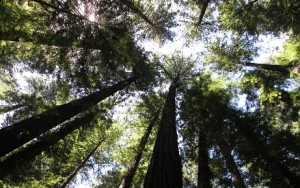
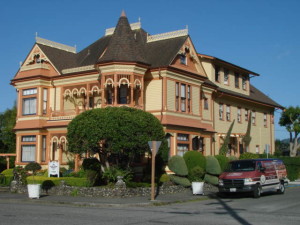 and hit the Ferndale Pie Company. They advertised “Great homemade pies topped with Humboldt Creamery Ice Cream”. The mixed berry pie and vanilla ice cream lived up to the hype and I grabbed one of their “small brownies”–read large enough to feed half of Darrington!–and hit the road.
and hit the Ferndale Pie Company. They advertised “Great homemade pies topped with Humboldt Creamery Ice Cream”. The mixed berry pie and vanilla ice cream lived up to the hype and I grabbed one of their “small brownies”–read large enough to feed half of Darrington!–and hit the road.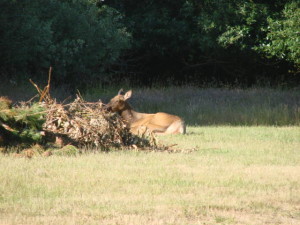
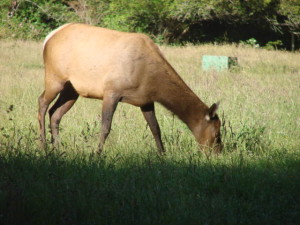
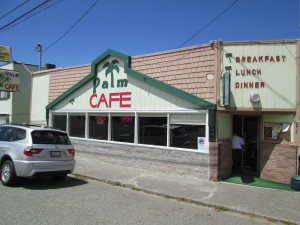
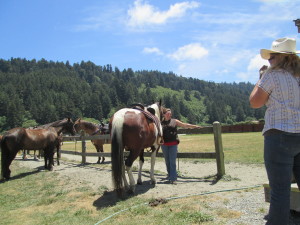
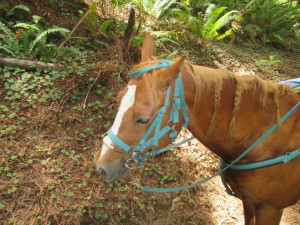 I’d never been that athletic!
I’d never been that athletic!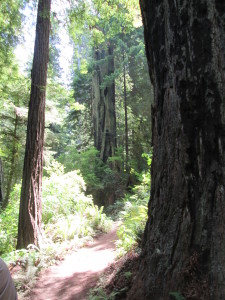
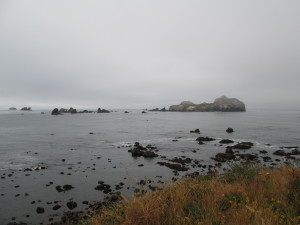 I listened until the fog rolled the rest of the way off the water and the seals barking had died away. The Apple Peddler Restaurant lay a few miles south of my position, the opposite direction of my travel, but I remembered their mouthwatering food and strong hot coffee. What’s a few miles? After breakfast, I followed Highway 101 along the Pacific Ocean and on up to Oregon.
I listened until the fog rolled the rest of the way off the water and the seals barking had died away. The Apple Peddler Restaurant lay a few miles south of my position, the opposite direction of my travel, but I remembered their mouthwatering food and strong hot coffee. What’s a few miles? After breakfast, I followed Highway 101 along the Pacific Ocean and on up to Oregon.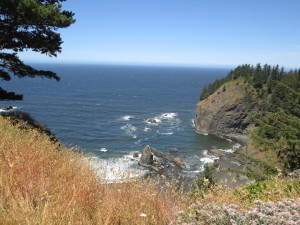
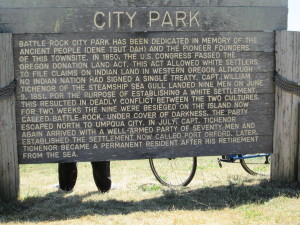
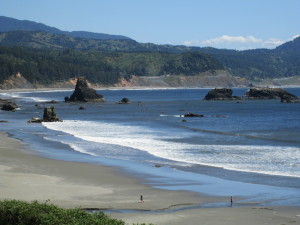 I figured that was worth something.
I figured that was worth something.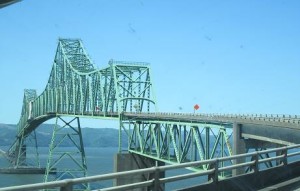 then the sand dunes in Oregon snuck up on me and I nearly ran off the road gawking.
then the sand dunes in Oregon snuck up on me and I nearly ran off the road gawking. 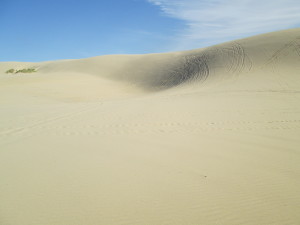 The sign for Spinreel Dune Buggy called to me, though I was by no means sure I should heed the call. I turned off and headed that way, just to check things out. Size wise, the rental place wasn’t that big. I wandered in, checked out the buggys and nearly left.
The sign for Spinreel Dune Buggy called to me, though I was by no means sure I should heed the call. I turned off and headed that way, just to check things out. Size wise, the rental place wasn’t that big. I wandered in, checked out the buggys and nearly left.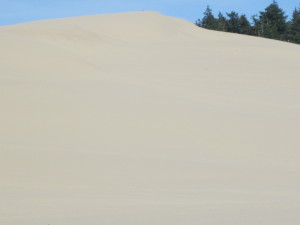 Of course, I wouldn’t have gone down it, but I’d already topped the dune and didn’t know how to go anywhere except straight down!
Of course, I wouldn’t have gone down it, but I’d already topped the dune and didn’t know how to go anywhere except straight down!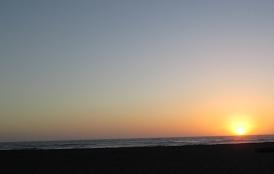 ocean whisper and shush. I awoke to sand and the chill of a coastal morning.
ocean whisper and shush. I awoke to sand and the chill of a coastal morning.